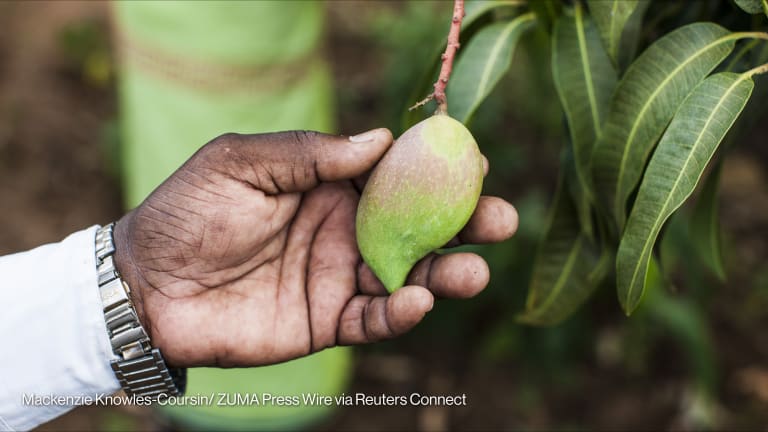A U.S.-backed initiative to build climate-resilient food systems in Africa is now expanding to Central America, bringing a focus on indigenous crops — and healthier soils — to Guatemala.
The announcement comes more than a year after the Vision for Adapted Crops and Soils, or VACS, was first rolled out by the U.S. Department of State. Since then, according to Anna Nelson, the State Department’s deputy special envoy for global food security, the $150 million initiative has analyzed some 60 indigenous crops that have the potential to withstand climate shocks. It has also mobilized African countries, organizations, and the private sector to embrace a similar approach.
Now, Guatemala will be the first country touched by VACS in the Western Hemisphere. The nation’s minister of agriculture hopes the initiative will increase agricultural productivity and drive down malnutrition — especially for the country’s poorest.








